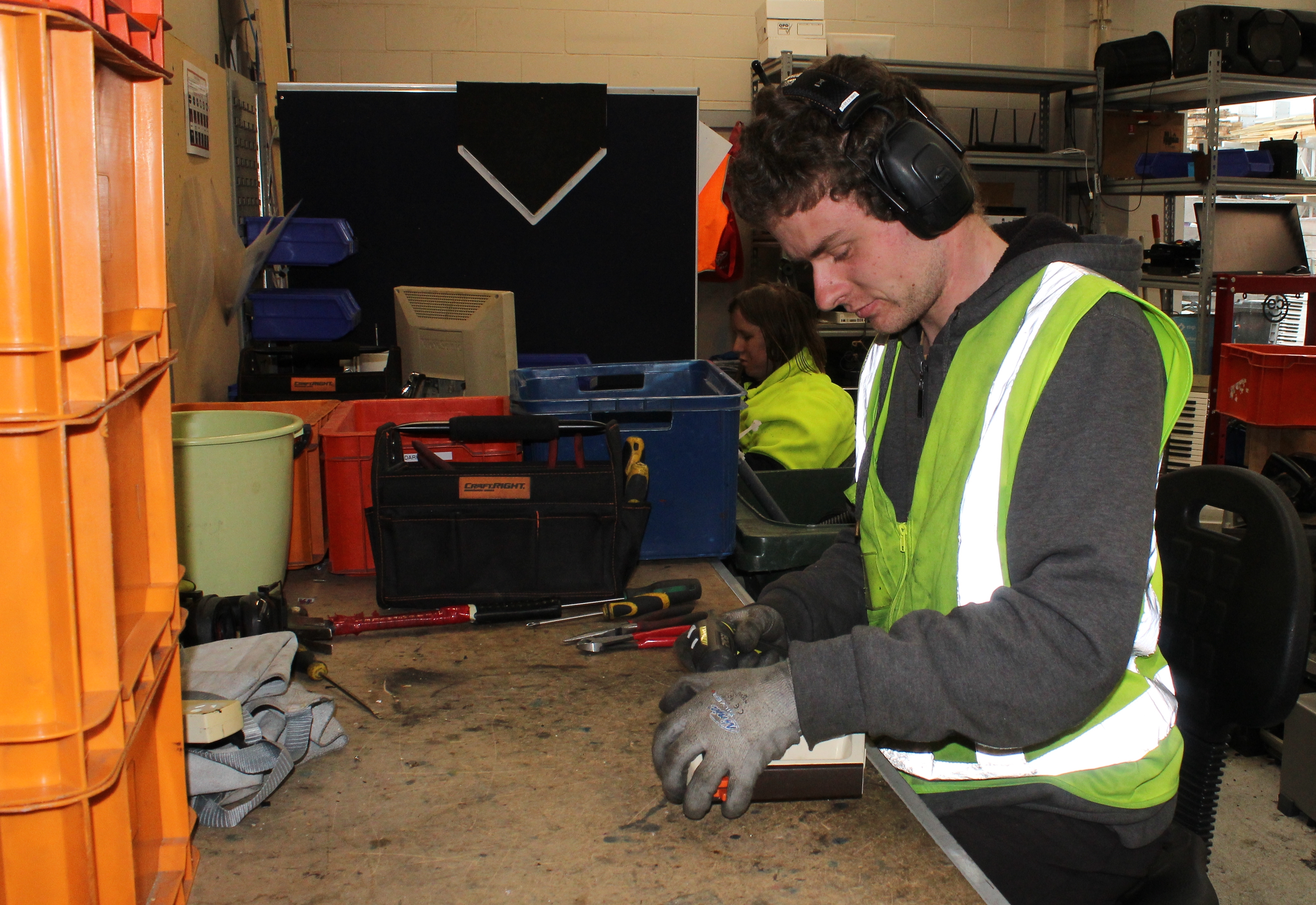
The business enterprise, which provides gainful employment for people with intellectual disabilities, is rescuing all sorts of items from becoming landfill.
Sales manager Blair Kippenberger said e-waste volumes were rapidly increasing.
"E-waste is growing so quickly that we have been trying to find room for it."
The company is planning to open a new 300sq m e-waste sorting room early next year that will be five times larger than its current area.
This will mean it can increase staff from up to a dozen to about 25 working on e-waste.
"Currently we only process about 10% of Dunedin e-waste, and we would like to process 20% by 2025."
Televisions, printers, monitors, keyboards, kitchen appliances and more come into the South Dunedin enterprise to be recycled.
Most were household items, however some industrial and commercial items such as lights were also coming in for processing.
"We recently did some old medical equipment from a hospital."
Items they did not accept were larger whiteware goods such as fridges, washing machines, dishwashers and dryers.
The main volume of material came from e-waste collected at the Dunedin City Council Green Island Landfill.
The organisation also accepted items for a fee, for example a standard computer monitor cost about $20.
"We do charge a fee to recycle items, and that is really labour costs for deconstructing it and sorting it," Mr Kippenberger said.
E-waste recycler Adam Corson said each person was assigned a bin of items to take apart.
"Whatever we gather from it we sort into different bins."
This included dividing up circuit boards, cables, fans, steel and aluminium.
He used a magnet to be able to identify different metal items.
"Steel is magnetic and aluminum is not magnetic," Mr Corson said.
He also looked out for more precious elements, including gold in electronic circuit boards.
Mr Corson said he enjoyed the work, in particular taking apart and sorting old computers.
















